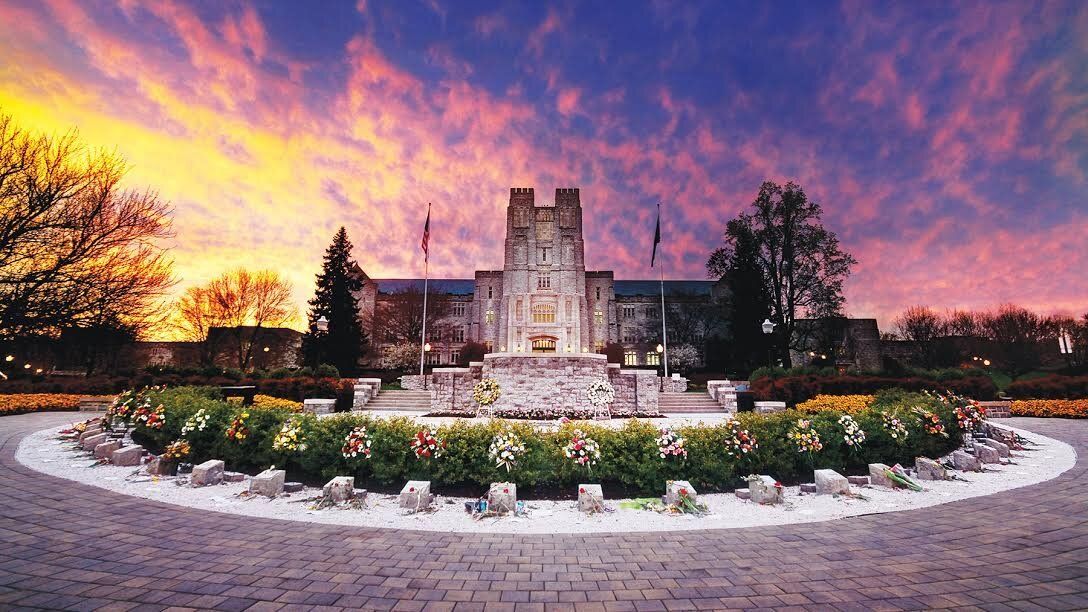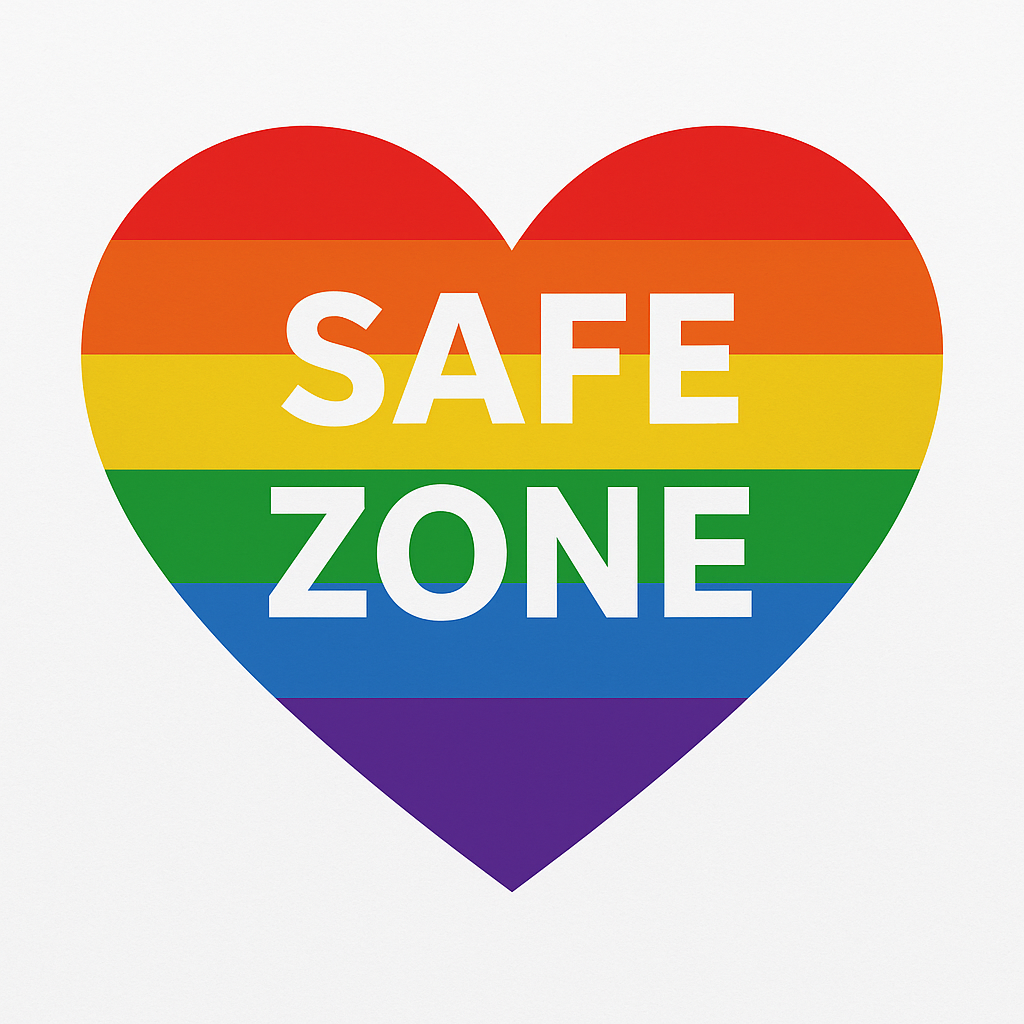The Weight of the Story
Trigger warning—Domestic violence, neglect, physical & sexual assault, suicidal ideation, immigration trauma, PTSD. The following contains brief accounts of my work with clients over the past 10 years. The examples used do not represent one client or student and have been generalized to protect confidentiality.
As many of you know I recently relocated to Richmond. In the move one of the hardest parts was leaving my team and many of the people that have held me up considerably throughout my career. I was fortunate to have most of my team come to visit this past weekend and after they left I found myself more emotional than usual and it got me thinking. What makes my relationship(s) with them so special? Why is it so hard to meet a new group here in RVA? And then it hit me. What started our relationship together, and what has maintained it, has been the shared experience of the “weight” of the stories of the many children we have served. Having people that can share that weight is rare, and it is special.
Helping professionals often have a hard time connecting with others outside of work because they are often emotionally and physically exhausted. Most of us spend 8-10 hours a day at work, and that is a big chunk of who we are. It’s always been hard for me to answer the question “what do you do?” Over the years I have changed my answer to be short and sweet, and I got used to saying “I work for the schools” and I move on. This is because what I really do is really hard to hear for most people, and the truth is they don’t want to know. In addition to that, I’m often legally prevented from sharing my experiences. Confidentiality is incredibly important to me, and outside of professional supervision it is rare that I am actually able to share the full details of the people that I serve. While I am grateful every day to be in a position to help facilitate change, there is a weight that comes with the work, and it is with you always.
I have been simultaneously enraged and deeply saddened after a full day of court, where the big people who brought the little people into the world AND the system that was supposed to be their safety net let them down in an epic way, and I was powerless. I have rocked a child to sleep who was beyond “rocking age” after they were up all night watching their parents engage in violence. I have listened and pretended like it wasn’t breaking my heart when students or parents would tell me their family members had been murdered by the gangs in their home countries. I have listened and pretended not to be surprised that it’s possible for an elementary school age child to walk to America from another country. I have waited for the police and CPS at school until late into the night with children that cannot go home because their abuser was waiting. I have paid for countless school lunches and had extra food on hand for those who were not being fed at home. I have learned of a child’s very detailed plan to end their own life that evening with less than 10 minutes left in the day to intervene. I have been the first person to tell a parent that their child was a victim of abuse. I have been the first person to tell a parent that their child has a severe disability and that they will need lifelong support.
I carry these stories each day, and yet I still need to make it to the grocery store after work. I need to meet my friend and be present for birthday drinks. I have to celebrate the holidays with my own family and enjoy it. I need to go home and have dinner with my husband and remember to ask him about his day. The weight of the work can make the smallest most basic things hard to do, and yet they must still be done.
I don’t share this because I feel sorry for myself, and I am not looking for praise. This is truly the job I signed up to do every day, and I wouldn’t trade it or change it. The resilience of the human brain and body is astounding and I am honored that so many trust me enough to share their truth. I am constantly in awe of the fact that despite it all, there is still much hope to be had in this work. However, we have to start acknowledging the weight of the stories that helping professionals are carrying. We can’t expect them to hold space for all the people that need them, if we don’t make space in our world to hear them too and make self-care the standard of care instead of the rare exception.
For me, self-care looks like engaging in professional supervision on a regular basis. It also looks like attending my own therapy to manage the many emotions that come along with a helping role as well as my own story. It looks like a group text with my bffs to send stupid memes to break up the heaviness of the day. It looks like Crossfit several days a week, making all my meals for the week on Sunday (which sucks) and a gallon of water a day. To be honest, it looks like really hard work that I am constantly reevaluating and changing to fit my needs and what is possible in my life at that time. Each person and what they need is different, and it has taken me many years to feel secure with my plan and secure with changing it when I need to. My hope is that we are moving towards a world where the mental and physical health of helping professionals is a priority and is supported and facilitated by the organizations that are asking so much of their people. But until that day comes, if you are a teacher, nurse, clinician, first responder, military personnel, or other helping professional, you are not going crazy. The weight of the story is real, and it is heavy.




